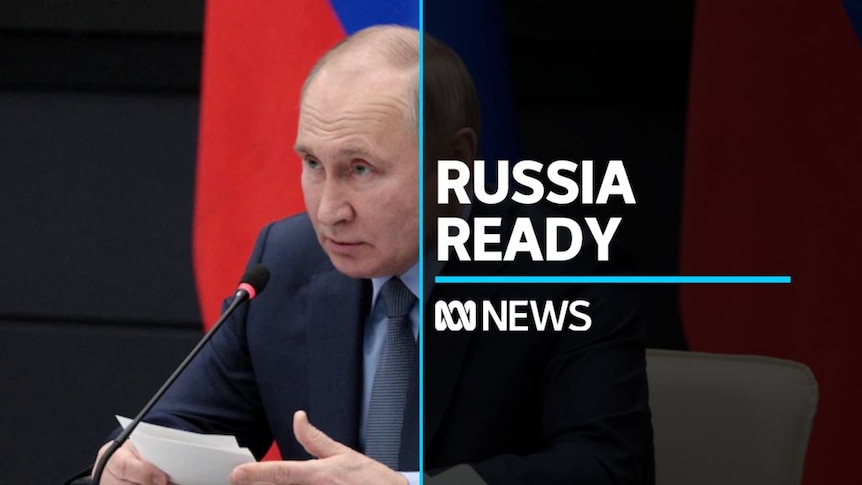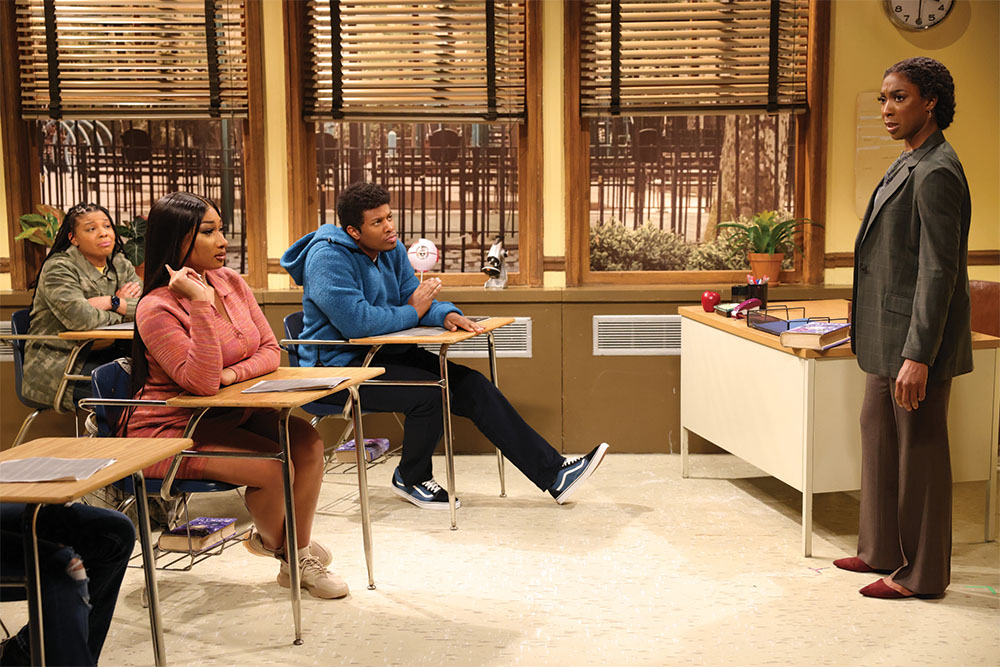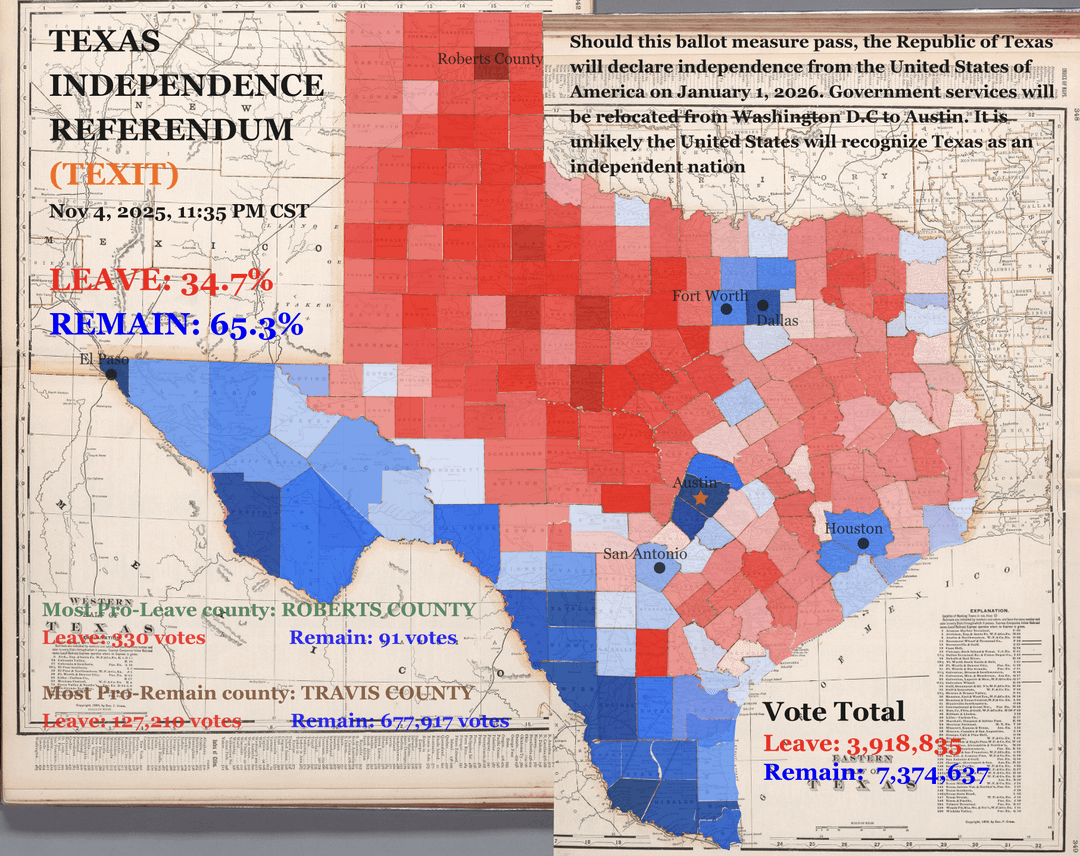Did Putin's Call For Peace Talks Backfire? A Diplomatic Analysis

Table of Contents
The Initial Reaction: International Skepticism and Ukrainian Defiance
The international response to Putin's call for peace talks was largely characterized by skepticism and cautious rejection. This highlights the deep mistrust that has developed between Russia and the West, fueled by years of aggressive actions and a history of broken promises.
Western Allies' Response:
NATO allies responded with a mixture of caution and outright skepticism. The prevailing sentiment underscored a deep-seated distrust of Russia's intentions, fueled by Russia's history of violating international agreements and its ongoing aggression in Ukraine. The focus remained on the need for verifiable concessions from Russia before any meaningful negotiations could begin. The possibility of a "peace trap," designed to lull Ukraine and its allies into a false sense of security, was a significant concern.
- Statements from key Western leaders: Statements from leaders like US President Biden and UK Prime Minister Sunak emphasized the need for Russia to demonstrate a genuine commitment to peace through concrete actions, including a complete withdrawal from Ukrainian territory.
- Emphasis on verifiable concessions: Western allies repeatedly stressed the importance of Russia demonstrating a willingness to negotiate in good faith, with verifiable concessions as a prerequisite for any meaningful dialogue.
- Concerns about potential "peace traps": The risk of Russia using peace talks as a tool to consolidate its gains and regroup its forces, before resuming hostilities, was a primary concern voiced by many Western analysts and officials.
Ukraine's Stance:
Ukraine's response to Putin's peace initiative was an unequivocal rejection under the current circumstances. The Ukrainian government and its people remain resolute in their commitment to reclaiming all occupied territories and holding Russia accountable for war crimes and atrocities committed during the invasion. Any negotiation would require a complete Russian withdrawal and acknowledgment of Ukrainian sovereignty.
- Key statements from Ukrainian officials: President Zelenskyy and other Ukrainian officials have consistently stated that peace talks are only possible after a complete Russian withdrawal from all occupied Ukrainian territories, including Crimea.
- Public opinion in Ukraine regarding peace talks: Public opinion within Ukraine largely reflects the government's stance, with a strong majority rejecting negotiations until Russian forces leave Ukrainian soil.
- Conditions for potential negotiations from the Ukrainian side: Ukraine has outlined specific conditions for any potential negotiations, including the full withdrawal of Russian troops, reparations for war damages, and the prosecution of war criminals.
Analyzing the Strategic Implications: Was it a Calculated Risk?
Putin's call for peace talks, despite its apparent conciliatory nature, can be analyzed as a calculated risk with several potential underlying strategic aims.
Domestic Political Considerations:
The initiative might have been partly driven by domestic political factors. The war in Ukraine has placed considerable strain on the Russian economy, and increasing casualties and economic sanctions have created internal pressure on Putin's regime. Presenting a narrative of success, even a partial one, could bolster public support and alleviate some of the domestic pressure.
- Analysis of Russian public opinion: While official narratives often paint a rosy picture, there's evidence suggesting growing war-weariness and discontent within segments of the Russian population.
- Impact of the war on the Russian economy: The war has significantly damaged the Russian economy, leading to inflation, capital flight, and increasing isolation from the global financial system.
- Internal political challenges faced by Putin: While Putin maintains a firm grip on power, the war has created challenges and potentially exposed vulnerabilities within the Russian political system.
International Geopolitical Maneuvering:
From a geopolitical perspective, Putin's peace overtures could have been aimed at several strategic objectives. This might include an attempt to divide Western support for Ukraine, exploit potential fissures among NATO allies, or simply buy time to regroup military forces and prepare for a renewed offensive.
- Potential impact on NATO unity: By offering the illusion of a negotiated settlement, Russia might have sought to sow discord amongst NATO allies, testing the resilience of the alliance's unity and resolve.
- Analysis of Russia's strategic goals: Russia's ultimate aim might be to secure territorial gains, weaken Ukraine's sovereignty, and assert its dominance in the region.
- Exploration of potential power vacuums exploited by Russia: The conflict has created power vacuums, which Russia might seek to exploit to extend its influence and disrupt regional stability.
The Long-Term Consequences: Assessing the Fallout
The long-term implications of Putin's call for peace talks are far-reaching and depend on various factors.
Impact on the War's Trajectory:
Putin’s peace proposal has significantly impacted the war's trajectory, potentially leading to a prolonged stalemate, increased military escalation, or a negotiated settlement. The lack of genuine commitment from Russia, however, suggests a prolonged conflict is more likely.
- Analysis of different war scenarios: Several scenarios remain possible, including a prolonged war of attrition, a renewed Russian offensive, or a negotiated settlement under unfavorable terms for Ukraine.
- Potential military developments: The war's trajectory will depend on various factors, including the effectiveness of Western military aid to Ukraine, the resilience of the Ukrainian military, and Russia's military capabilities.
- Long-term impact on regional stability: The conflict's outcome will have profound consequences for regional stability in Eastern Europe and beyond.
Shifting Global Power Dynamics:
Putin's actions have had significant ramifications for the global power balance, potentially strengthening or weakening international alliances and institutions. The West’s response to Russia's actions will shape future alliances and international cooperation.
- Impact on international law and norms: Russia's violation of international law and norms has undermined the global order and highlighted the challenges to enforcing international rules.
- Reassessment of global security architecture: The war has prompted a reassessment of global security architecture, leading to increased military spending and a renewed focus on strengthening alliances.
- Long-term consequences for global peace: The war’s long-term impact on global peace will depend on the outcome of the conflict and the response of the international community.
Conclusion:
Putin's call for peace talks, analyzed through the lens of international reactions, strategic implications, and long-term consequences, reveals a complex picture. While presented as a conciliatory gesture, the overwhelming international skepticism and Ukraine's firm rejection suggest the initiative may have ultimately backfired, failing to achieve its intended goals. Whether it was a genuine attempt at peace or a calculated strategic maneuver, it has cemented international mistrust of Russia and further entrenched the ongoing conflict. The initiative likely served to strengthen Western resolve and bolster Ukraine’s defiance, rather than achieving a diplomatic breakthrough.
Call to Action: Continue researching the ongoing conflict in Ukraine and stay informed on evolving diplomatic efforts. Further research into Putin's diplomatic strategies and the ongoing peace talks (or lack thereof) is essential to understanding this complex geopolitical situation. Continue to follow the development of the situation and analyze the impact of Putin’s approach to peace talks on the future of the conflict. Understanding the nuances of Putin's peace overtures and their impact on the war in Ukraine is crucial for informed global citizenship.

Featured Posts
-
 Eurovision Song Contest The Uks 2025 Choice And Historys Most Controversial Performances
May 18, 2025
Eurovision Song Contest The Uks 2025 Choice And Historys Most Controversial Performances
May 18, 2025 -
 Snl Audiences Profanity Filled Reaction To Ego Nwodim Sketch
May 18, 2025
Snl Audiences Profanity Filled Reaction To Ego Nwodim Sketch
May 18, 2025 -
 Maneskins Damiano David Announces Solo Project Funny Little Fears Album
May 18, 2025
Maneskins Damiano David Announces Solo Project Funny Little Fears Album
May 18, 2025 -
 Understanding The 2025 Municipal Elections In Southeast Texas
May 18, 2025
Understanding The 2025 Municipal Elections In Southeast Texas
May 18, 2025 -
 Ego Nwodims Risque Snl Sketch Behind The Scenes Of The Audiences Reaction
May 18, 2025
Ego Nwodims Risque Snl Sketch Behind The Scenes Of The Audiences Reaction
May 18, 2025
Latest Posts
-
 Amanda Bynes And Only Fans Navigating Life After Hollywood
May 18, 2025
Amanda Bynes And Only Fans Navigating Life After Hollywood
May 18, 2025 -
 Amanda Bynes Seeks New Career Path On Only Fans
May 18, 2025
Amanda Bynes Seeks New Career Path On Only Fans
May 18, 2025 -
 Amanda Bynes Only Fans Launch Photos And Recent Public Appearance
May 18, 2025
Amanda Bynes Only Fans Launch Photos And Recent Public Appearance
May 18, 2025 -
 Post Only Fans Amanda Bynes Seen Out With A Friend
May 18, 2025
Post Only Fans Amanda Bynes Seen Out With A Friend
May 18, 2025 -
 Amanda Bynes Spotted After Joining Only Fans
May 18, 2025
Amanda Bynes Spotted After Joining Only Fans
May 18, 2025
